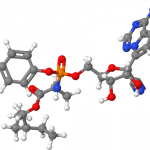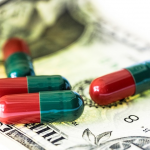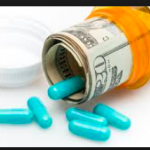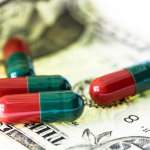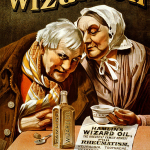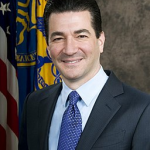Remdesivir appears to be our first promising treatment for COVID-19. It is certainly neither a cure nor a preventative. But it seems to reduce the length of hospital stays, and thus, increases the health systems’ capacity by about a third. So if you were in charge of selling this drug, what price would you set?
drug pricing
Predictably, Big Pharma is resisting the call to include pricing information to their advertisements. A lawsuit and the testimony of the expert make a good case ... for not running the ads at all.
Harvard's Chris Gerry, Ph.D. has previously written about Zolgensma, the world's most expensive drug, and some of the economics behinds its price. Is Zolgensma, the only treatment for spinal muscular atrophy, too expensive, a bargain, or somewhere in between? As Oscar Wilde once said, “the truth is rarely pure and never simple.”
In his second article of a series, Harvard's Dr. Chris Gerry expands the discussion of his first piece, "The Science of Zolgensma, The World’s Most Expensive Medicine" and considers whether Zolgensma merits a price tag of $2.125 million. A look at some of the ethics and complexities of drug pricing.
Physicians from across the political spectrum and the country, representing nearly every specialty, came to Washington, DC last week. They did so to advocate for patients, spotlighting many hidden ways healthcare dollars are wasted.
The gloves are off in a battle to control the sector. Nearly 83% of hospitals are charging over twice the cost for medicines, with a majority of mark-ups between 200 and 400%. Will any fixes in store actually help patients?
The U.S. Court of Appeals just delivered another blow to a rather-clever-but-cunning play by Allergan, the pharmaceutical giant, to game the patent system.
Drug co-payments are meant to share costs. But for many drugs, they cover not just the entire cost but a "little something" for pharmacy benefits managers, who structure the deals.
Intermountain Health, a Utah-based non-profit, announced it will be leading an effort that controls 450 U.S. hospitals to make a strategic play in the generic drug market. But will fighting a consolidated industry with consolidation reduce drug costs?
If you ask yourself: "What segment of the population is most increasing its drug intake?" then the best-sellers come into better focus. From there, think ... cholesterol ... heart ... thyroid.
It is Game On! for President Trump appointee Scott Gottlieb, the commissioner of the Food and Drug Administration. Things are definitely changing there, and at this point, it's a pretty good start.
Due to the opaque nature of the pharmaceutical industry’s disclosures, a study published in JAMA Internal Medicine sought to quantify a standard amount companies spent on the research and development of cancer drugs. Do these R&D costs justify such high prices and revenues?
